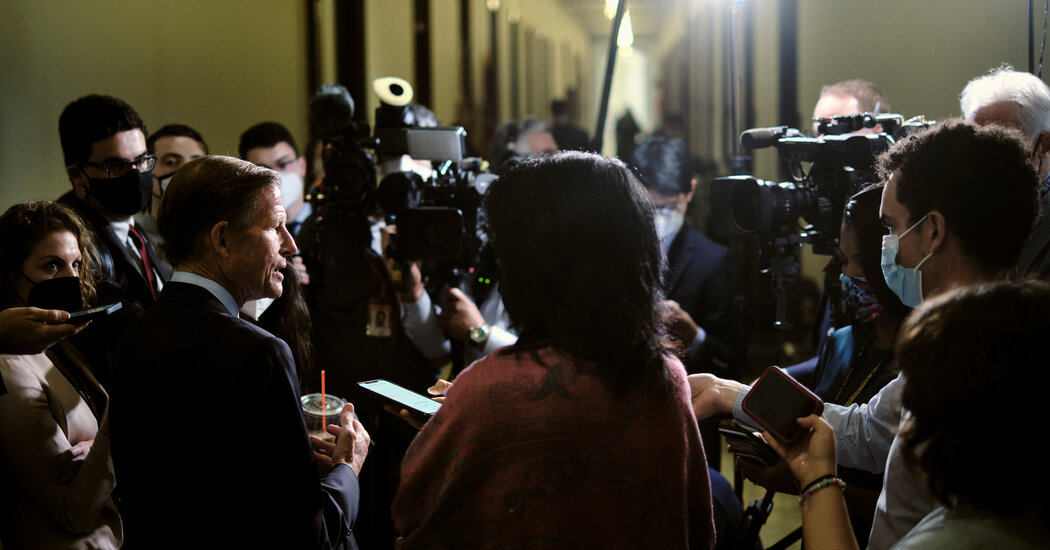
Perhaps the best chance of a crackdown on the industry is if President Biden and his administration act forcefully. He has not yet put his weight behind any bills, but has placed some of the industry’s leading critics in top regulatory jobs. Lina Khan, the chair of the F.T.C., and Jonathan Kanter, the nominee to run the Justice Department’s antitrust division, have promised to hobble the power of the companies.
“Facebook took a big hit this week, but they are capable of taking many hits just as the tobacco industry was,” said Allan Brandt, a professor at Harvard and an expert on the rise and decline of the tobacco industry.
It took more than 50 years from the first published research about the dangers of cigarettes, and more than a decade after a whistle-blower shared internal documents proving that the tobacco companies hid its knowledge of the ills of their products, before there was meaningful government regulation, he said.
“There will be regulation for Facebook and other tech companies,” Mr. Brandt said, “but I’m skeptical of a route to successful regulation anytime soon.”
The European Union has for years been more aggressive against the tech companies than the United States, on issues including antitrust and data privacy. This past week’s testimony from the Facebook whistle-blower, Frances Haugen, intensified calls to adopt proposals that would impose tougher rules for how Facebook and other internet companies police their platforms, and add stricter competition rules in an effort to diminish their dominance over the digital economy. The laws could be adopted as early as next year.
But in Washington, a key impediment to legislation is that Democrats and Republicans view the issues of tech power and speech on social media differently. Democrats want to address the spread of misinformation and the amplification of harmful political rhetoric, while Republicans argue that Facebook, Google, Twitter and other social media platforms censor conservative views.
And when it comes to questions about whether to break up the companies, many Democrats see antitrust action as a way to slow the most powerful tech platforms and address data privacy, security and misinformation. Some Republicans say that there is plenty of competition in the industry, and that breaking up the companies would be an example of government overreach.




